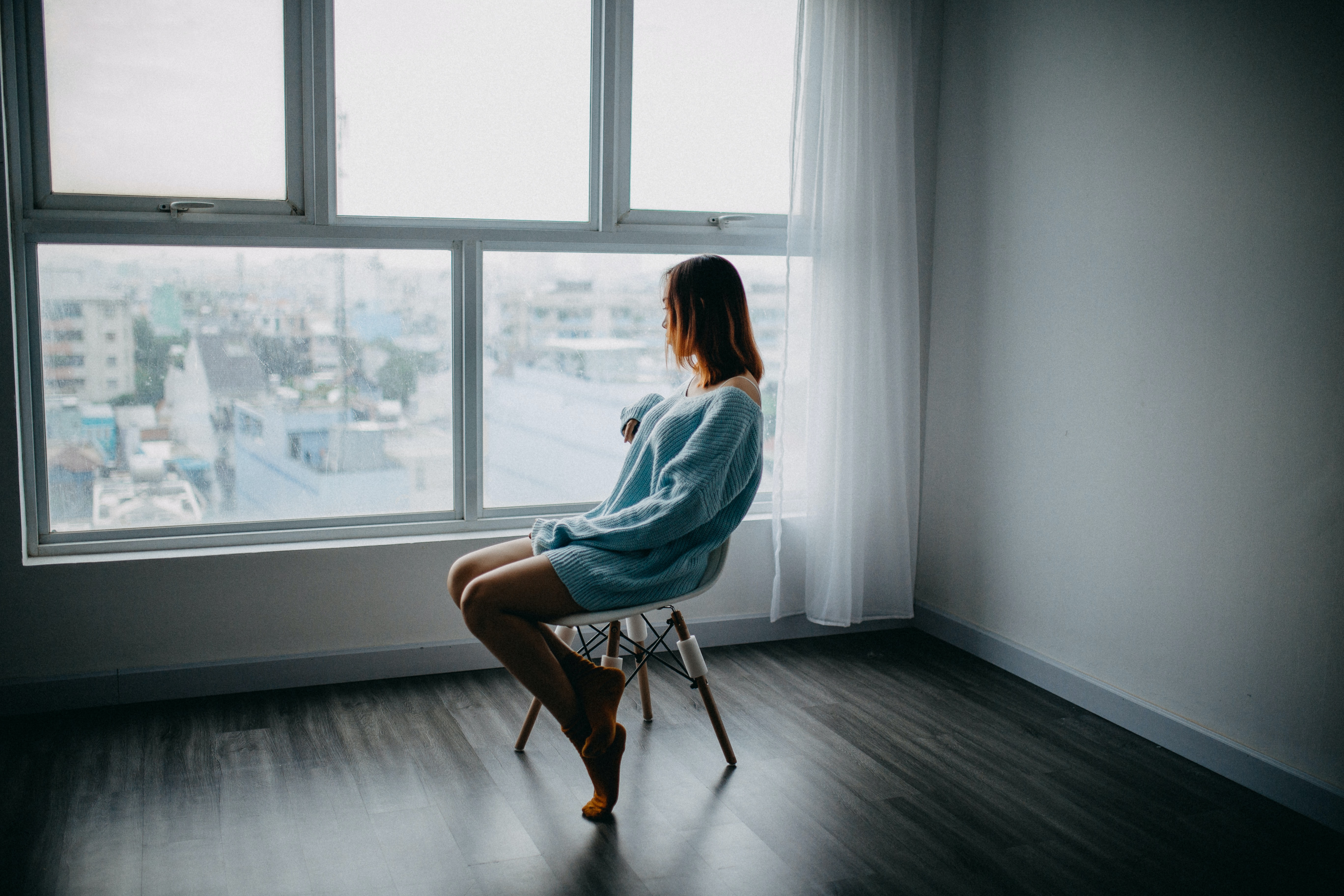As many places are beginning to re-open after being shut down for quite some time due to COVID-19, there is much that can be learned from all of our time alone. Hopefully, as we begin to regain some sense of normalcy, we can carry forward an empathy for those struggling around us, a new appreciation for our resources, and a willingness to reach out and be kind to others.
Social distancing has given new meaning to the word loneliness. Or, at the very least, it has given me a new definition of loneliness. The reality is that many people were living socially distanced lives before COVID-19 and many will continue to live socially distanced lives long after it fades from memory for the rest of us. Now that many of us have had a taste of real loneliness, the kind where you go weeks without seeing another human being in the flesh, we should have greater compassion for those in our community who often have no other option.
I used to believe I understood what it was to be lonely. As a single woman who lives on my own, I would often go for days without meaningful interaction with people in my life, beyond colleagues at work. As an introvert, I have often revelled in those periods of time and thought I was somebody who could thrive “alone.” Now I understand that even just seeing actual people everyday is a privilege. My coworkers, the people I order my food from at restaurants, the lady who does my nails, people I see walking around in stores. They are not usually deep interactions, but it turns out they are important.
As this pandemic grew, I remember clearly the moment the people delivering my food stopped handing it to me in person and started leaving it at my door. That was the first time in my life I went a full week without seeing another human being, and it was a completely unprecedented experience for me. I began to consider, maybe for the first time ever, people who live in our community alone without family and access to transportation, who are bed-ridden or don’t have the means to leave their homes.
Thankfully, I have access to technology. It turns out a zoom meeting can’t quite replace the real thing, but it helps. My phone and the ability to connect with friends and family through text or social media helps. Even creating connections with actors on TV shows helps. I don’t know how I could have survived this pandemic without seeing faces on my television everyday, even if they can’t interact back with me. It’s better than nothing.
But then I began to consider the many people I work with living in poverty who don’t have access to the same technology I have. They may not have WI-FI, or phones, or televisions. They can’t afford it. These things are typically considered non-essentials, but after experiencing this pandemic I’m not as sure.
Outside of this pandemic, I’m generally a busy and active person. I work, volunteer, and am part of numerous groups, activities, and classes. COVID-19 took most of those things away from me, even if just temporarily. That loss of meaningful daily activities in my life also took a toll. The boredom and disconnection only added to my loneliness. And then I began to consider all of the people I know who can’t participate in groups or activities at any time for a variety of reasons, whether because they physically can’t participate, don’t have transportation, or can’t afford to.
The truth is that this pandemic has been very difficult for me. I have had to face loneliness in ways that I never even imagined were possible. But that will make life returning to normal all the sweeter and hopefully makes me more appreciative of everything I have. And hopefully it makes me more empathetic to those around me for whom loneliness is an ongoing part of life – hopefully this dose of social distancing can make all of us more empathetic and aware of those around us. Whether it looks like visiting with an elderly neighbor, donating dollars to those in need, or giving someone a much needed lift to a group activity, we can all do our part to make sure those around us are a little less lonely.


